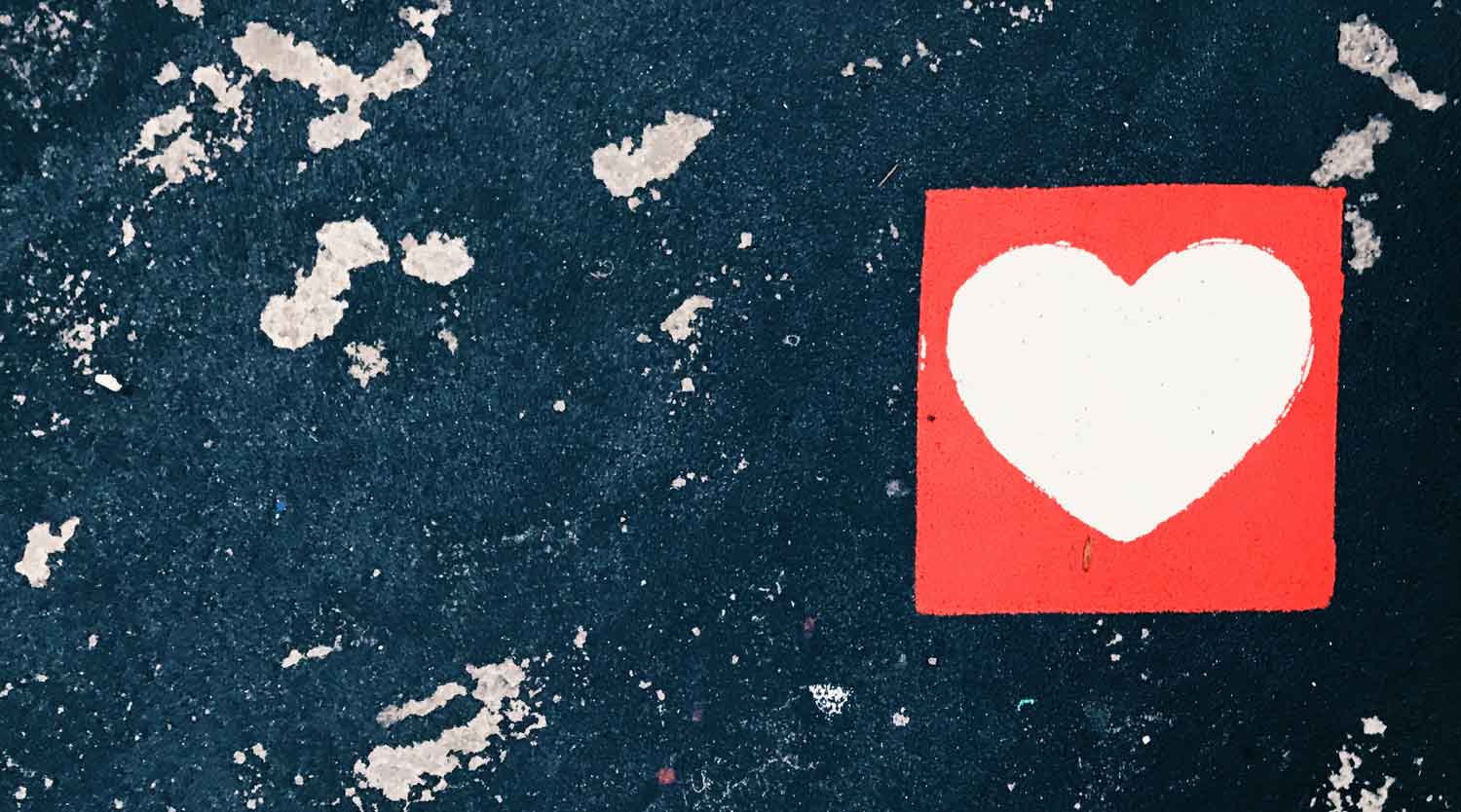There is a monastery in central Thailand called Wat Thamkrabok that has become rather famous over the last 60-years for its unique approach to the treatment of alcoholics and drug addicts.
The stories, and I would emphasise here that many reports from Wat Thamkrabok over the last few years, in particular, have been just that, stories with little basis in reality; almost all of these articles and documentaries about the monastery focus exclusively on the dispensing of a herbal emetic concoction to addicts that usually encourages or induces vomiting – sometimes spectacular projectile vomiting – to cleanse the body. Sometimes, and sometimes not, the reports mention that the treatment regime also includes the dispensing of herbal pills that flush toxins from the body and the use of herbal steam baths that are said to draw toxins from the skin and to heal needle marks.
Now, having experienced and witnessed the results for myself, I have no doubt that, for certain substances, the treatment programme at Wat Thamkrabok produces a very real and a very rapid detoxification of the body. But if you listen to the monks, they will tell you that the herbal remedies offered at this unique temple are only 5% of the solution to the ending of addiction and cravings; just the first baby step to the ending of stress and suffering. The monks will tell you that the other 95% of the solution to ending cravings is the commitment to a new life; the commitment to harmlessness; the commitment to finding true long-lasting contentedness.
This commitment is called Sajja practice. In early Buddhist texts, Sajja (or Sacca in Pali) is usually understood as ‘Truth’.
I can remember a time at the monastery when you could get a tee-shirt that said: “Clean Body With Herbs… Clean Mind With Sajja”
Now, what rarely, if ever, comes across in the dozens of articles and documentaries about the monastery is the presence of large numbers of lay-people (of non-addicts) who regularly go to the monks and nuns of Wat Thamkrabok for advice and guidance. Thamkrabok’s answer to those requests is usually to dispense a personal Sajja or Sajjas, usually to be practised over a specific period of time.
So, Sajja practice is for anyone. Sajja is a practice for everyone. Sajja is not just for those individuals trying to overcome manifest addictions, because when we look closely and honestly at ourselves, we might just see that we are all ‘in recovery’ from cravings, aversions and confusion.
The Second Abbot of Wat Thamkrabok said “We do not have modern facilities or materials; the strongest medicine we provide here is giving Sajjas, which allow the healing of the heart. The Sajjas have tremendous strength; strength which will go with you out into the rest of your life if you hold them close to your heart”.

